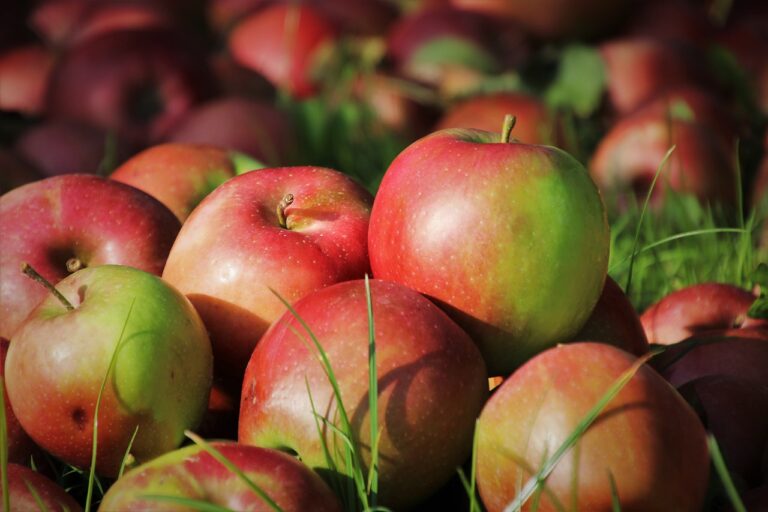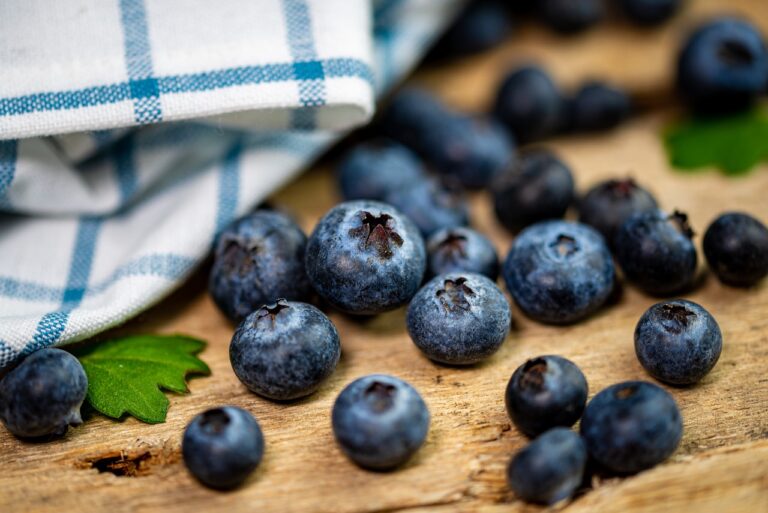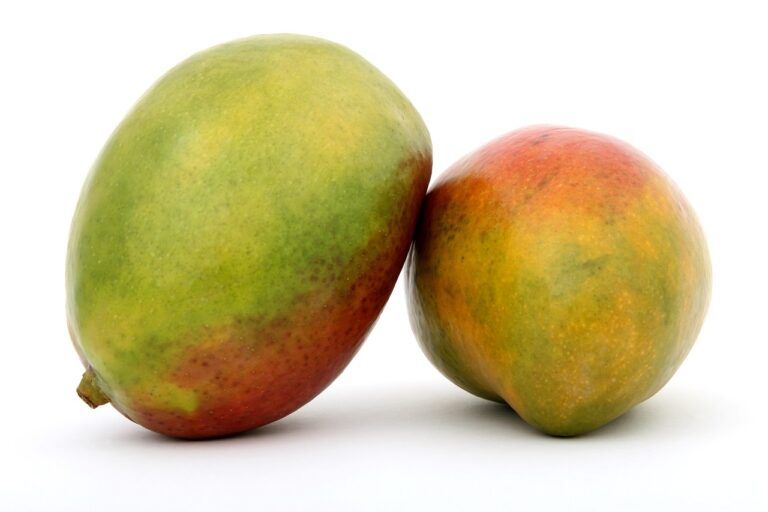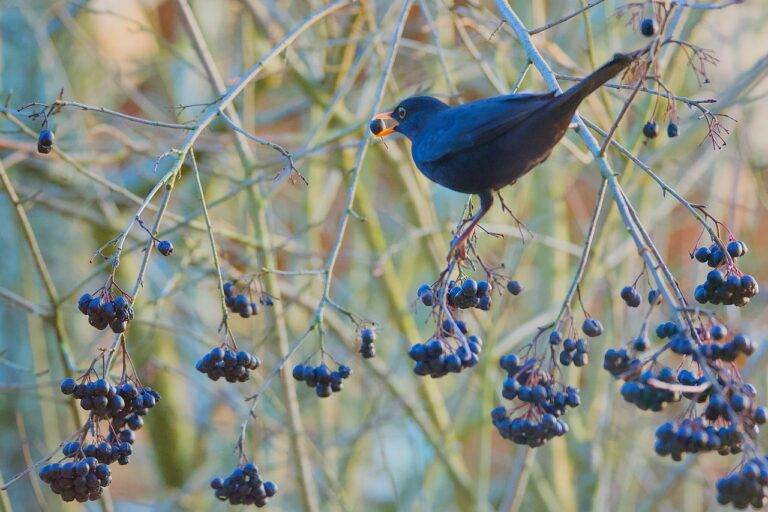Edible Insects: Exploring the Future of Protein
Insects are gaining popularity as a sustainable and nutritious source of protein. These small creatures are highly efficient at converting feed into edible body mass, requiring significantly less water, land, and food compared to traditional livestock like cows and pigs. This efficiency makes insects a more environmentally friendly option for protein production, especially as the global population continues to grow and strain our resources.
Furthermore, insects are naturally high in protein, healthy fats, vitamins, and minerals, making them a nutritious choice for human consumption. They also have a lower ecological footprint, emitting fewer greenhouse gases and ammonia than conventional livestock. As the demand for protein-rich foods increases worldwide, many experts believe that incorporating insects into diets could help address food insecurity and reduce the environmental impact of food production.
Benefits of Consuming Insects as a Source of Protein
Insects are increasingly being recognized as a sustainable and nutrient-rich source of protein. These small creatures are highly efficient at converting feed into edible body mass, requiring significantly less land, water, and feed compared to traditional livestock like cows or pigs. This efficiency makes insects an attractive option for feeding the ever-growing global population without putting excessive strain on the environment.
Moreover, insects are packed with essential nutrients such as protein, healthy fats, vitamins, and minerals, making them a valuable addition to a balanced diet. They offer a complete protein source, containing all the essential amino acids that the human body needs for proper growth and maintenance. Insects also have a lower environmental impact than conventional livestock, emitting fewer greenhouse gases and requiring less space to rear, making them a sustainable choice for protein production.







